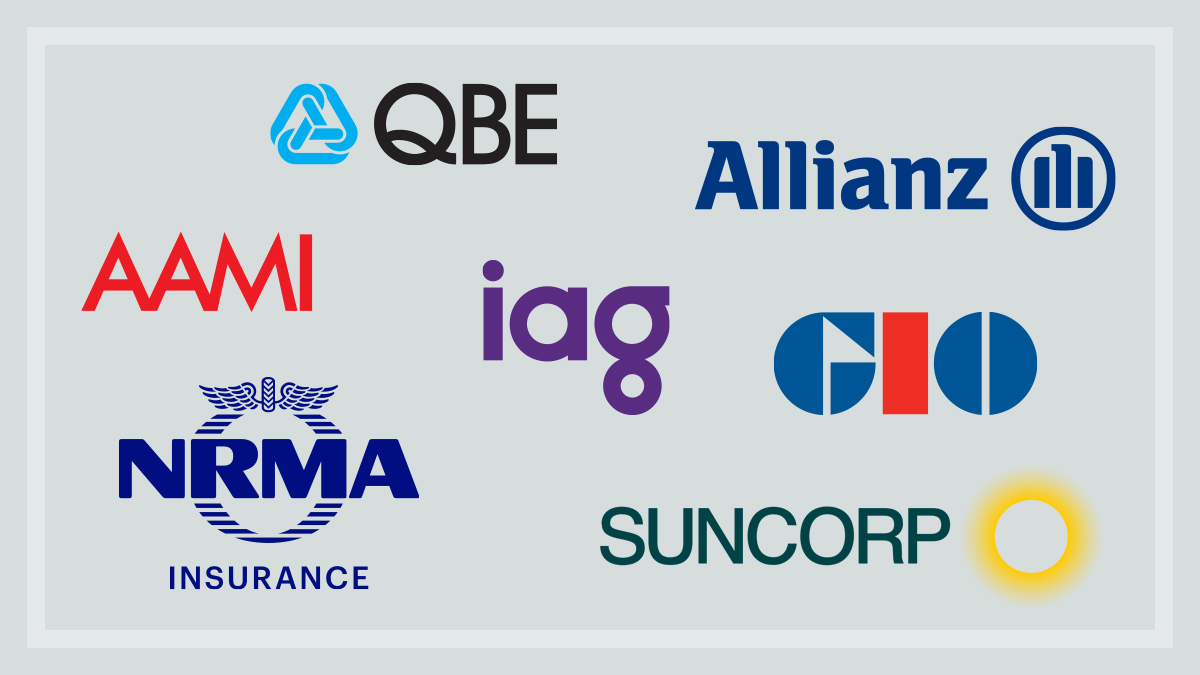Get our independent lab tests, expert reviews and honest advice.
Unnecessary insurance policies

You can insure yourself against pretty much anything these days, and insurance companies are always looking for ways to expand market share and boost business. Croc attack cover, anyone? We caution against buying into the hype. Despite the catchy ads, there are some types of insurance products that are mainly designed to benefit the insurance industry, not the policyholders.
Firstly, here’s what you do need: home and contents, car, health and travel insurance.
Then you have the cover that’s not so necessary.
Take this croc of an example
If you die within 30 days of a crocodile attack in the Northern Territory, and have taken out TIO’s $10 Crocodile Attack Insurance policy, TIO will pay your estate $50,000.
But hey, if you’re really worried about an attack by a croc, snake, shark or other fearsome creature, life insurance is a much better option, as long as these types of events are covered. Unless you’ve opted for rock-bottom cover, the payout should be much more in line with what it would take to support your kin.
Extended warranties
You’re about to buy a new TV and the salesman suggests you take out an extended warranty. He tells you it will provide extra protection beyond the manufacturer’s warranty and this gets you thinking.
Say your TV is $499, the extended warranty could cost you $180. Don’t be fooled, this is all part of a salesman’s tactics to get as much of your hard-earned cash as possible. But here’s some handy knowledge to have up your sleeve:
For goods purchased after January 1 2011 you already have guaranteed protections under Australian Consumer Law.
For goods of unacceptable quality this includes a:
- replacement,
- refund, or
- compensation.
And this protection may still cover you after the manufacturer’s warranty has expired.
Our tip: Ask the salesman what protections – if any – the extended warranty provides over and above the guaranteed protections under Australian Consumer Law.
Lender’s mortgage insurance
First thing first – mortgage insurance isn’t protecting you, it’s protecting the lender.
Let’s say you fail to pay your loan and your home is sold for less than what you owe. Lender’s mortgage insurance will compensate the lender. But that doesn’t mean you can wipe your hands of your debt – the insurer can still chase you for it.
Unfortunately, you can’t avoid this type of insurance completely – it’s pretty much compulsory if you deposit less than 20%. But the higher your deposit, the cheaper the insurance.
So if the house you want to buy is worth $500,000 and you have a $25,000 (5%) deposit, mortgage insurance will cost you about $15,500. But if your deposit is $50,000 (10%) the mortgage insurance will go down to about $8000.
Our tip: Shop around – the cost of mortgage insurance varies between lenders.
Credit protection insurance
If you get sick, lose your job or – in the worst-case scenario – die, this type of insurance covers your:
- credit card,
- personal loan, or
- mortgage repayments.
Here’s an example: ANZ credit card insurance costs 85c per $100 of the closing balance of your credit card, and is still payable even if you pay off your closing balance in full.
If your average closing balance is $2500, this insurance will cost you $255 per year. If you suffer a critical illness, total or permanent disability, or die, the insurance pays off your credit card in full (up to $50,000); although in our example you’d only receive $2500.
Our tip: Taking out life or total and permanent disability insurance (TPD) through your super fund is a better and more cost-effective option. As a rule of thumb, the sum insured for life insurance should be 10 times your annual salary.
Funeral insurance
It’s hard to miss the funeral insurance ads that make regular appearances on TV at certain times of day. It’s a good idea to ensure your family doesn’t suffer a financial burden in the case of your death, but with some funeral insurance policies:
- your premiums can add up to several times the benefit your family receives
- your premiums could go up every year
- your cover may be cancelled if you miss even just one payment
- you probably won’t receive a refund for the premiums you’ve already paid if you cancel the policy.
Better alternatives are:
- A prepaid funeral where you pay for all or part of a funeral (usually at today’s prices), that’s covered when you die regardless of how much it costs at that time.
- Funeral bonds offered by friendly societies or life insurance companies where the money you invest can only be used to cover your funeral.
- Life insurance.
- A special savings account.
Our tip: Don’t forget to let your family know about your arrangements.
ID theft insurance
Insurance against identity theft won’t protect you against becoming a victim of identity fraud, but it will help with the costs of dealing with this type of theft.
Your bank will usually cover the costs of credit card fraud, which is one of the most common problems.
Instead of insurance, take steps to protect yourself by:
- keeping your personal documents safe
- shredding documents such as bank account statement before throwing them away
- using up-to-date antivirus software
- never giving personal information to someone you don’t know without making sure they’re legitimate.
Our tip: To make sure nobody’s using your identity to set up fake bank accounts (for example), check your credit file every year. You can order it for free from credit bureaus such as Dun and Bradstreet, Experian and Veda.





